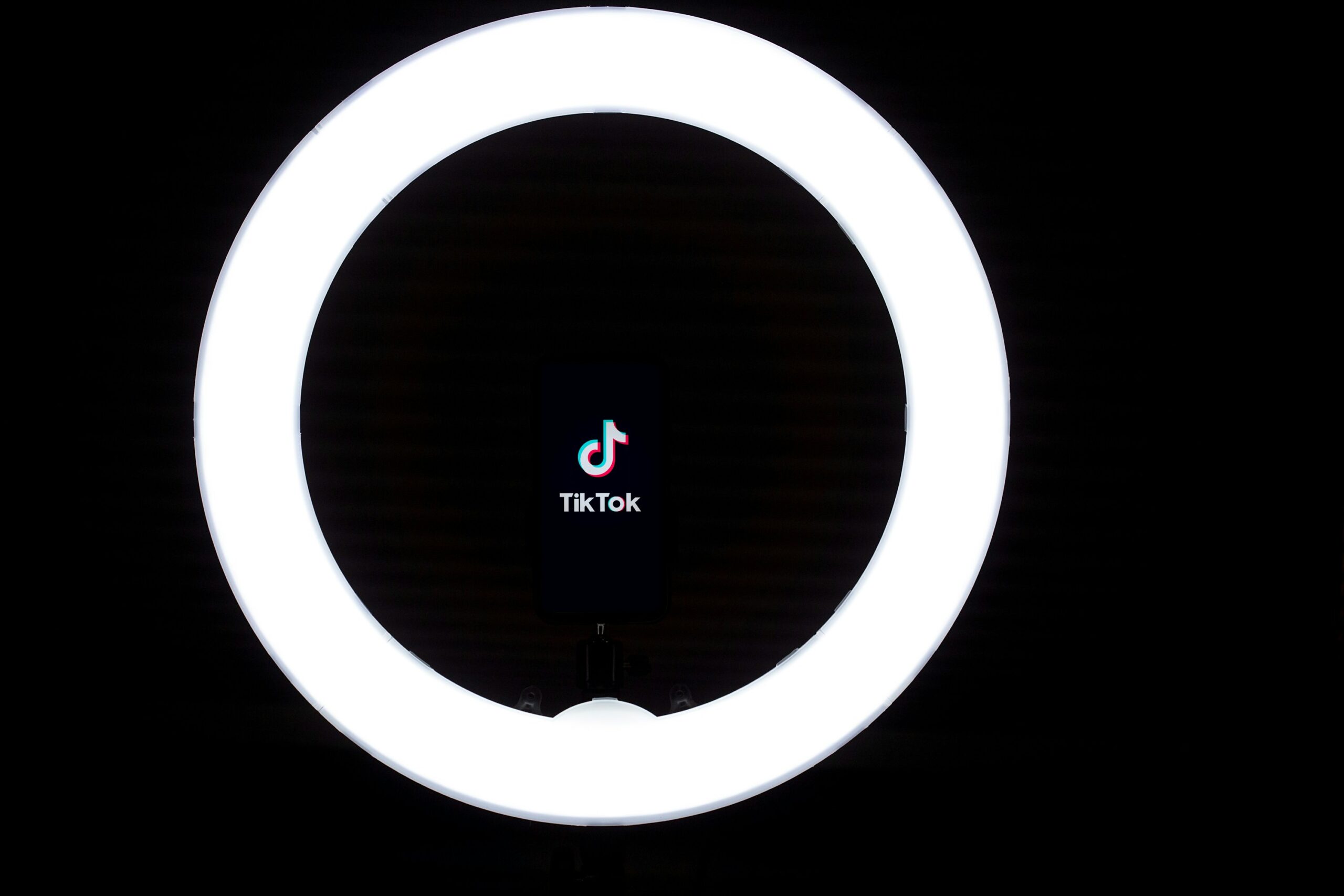The Power of Social Media in Influencing Consumer Behavior
In the rapidly evolving digital landscape, it’s hard to overstate the profound influence social media has on our daily lives. From connecting with friends to exploring new interests, these platforms are more than just recreational spaces. Today, they play a significant role in shaping consumer behavior and decisions.
For businesses and marketers, harnessing the power of social media can lead to impressive results.
Let’s delve deeper into the ways social media platforms are influencing consumer behavior and how businesses can leverage this potential.
The Rise of Social Commerce

Social media platforms are no strangers to advertising, but recently, they’ve been closing the gap between browsing and purchasing. The advent of ‘Shop Now’ buttons and in-app stores on platforms like Instagram, Facebook, and Pinterest has made social media a potent marketplace. This phenomenon, known as social commerce, allows businesses to sell products directly through social media platforms. It has transformed the way consumers discover and buy products, making the shopping experience more seamless and personalized.
Influencer Impact
The rise of influencers has been one of the most significant shifts in marketing in recent years. Influencers have the power to sway their followers’ opinions, tastes, and purchases, and consumers often trust their product recommendations. This trust translates into influence, and this influence can drive sales. Utilizing influencer marketing in your social media strategy can provide a genuine connection to your target audience and expand your brand’s visibility.
User-Generated Content
User-generated content (UGC), such as reviews, testimonials, and unboxing videos, heavily influences consumer behavior. Studies suggest that UGC is more trusted than traditional advertising, as consumers trust their peers more than brands. Businesses can leverage UGC by encouraging their customers to share their experiences and positive feedback on social media platforms, fostering trust and authenticity.
Emotional Connection
Social media allows businesses to form emotional connections with their customers. By sharing behind-the-scenes content, celebrating special occasions, or addressing social issues, brands can showcase their personality. This emotional connection not only fosters brand loyalty but also influences consumer behavior, as customers are more likely to purchase from brands they feel emotionally connected to.
Data-Driven Personalization
Social media platforms offer a wealth of user data, which businesses can use to understand their audience better and tailor their offerings accordingly. With data-driven personalization, businesses can show consumers more of what they want, thereby influencing their purchasing decisions.
In the dynamic landscape of social media, businesses that understand and harness its influence on consumer behavior stand to gain a significant competitive edge. By integrating social commerce, influencer marketing, user-generated content, emotional connections, and data-driven personalization into their social media strategies, businesses can influence consumer behavior and drive sales. Thus, the power of social media extends far beyond likes and shares; it’s a pivotal tool in shaping consumer behavior in the digital age.


